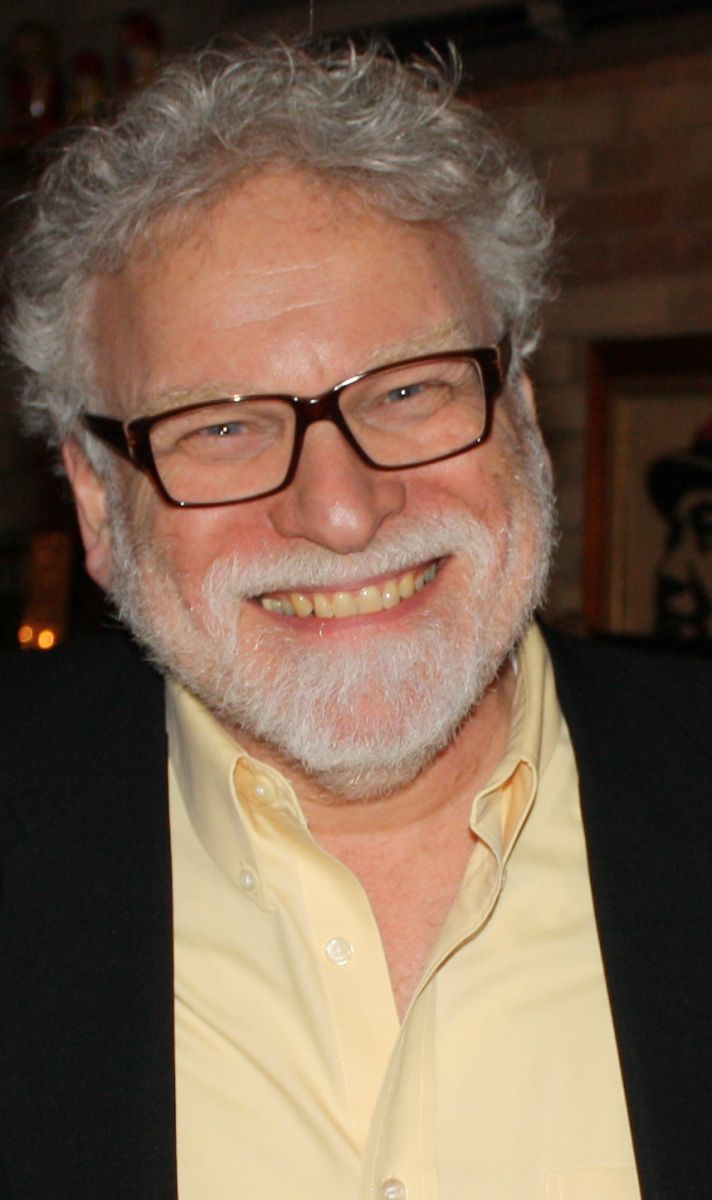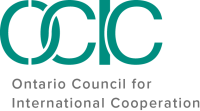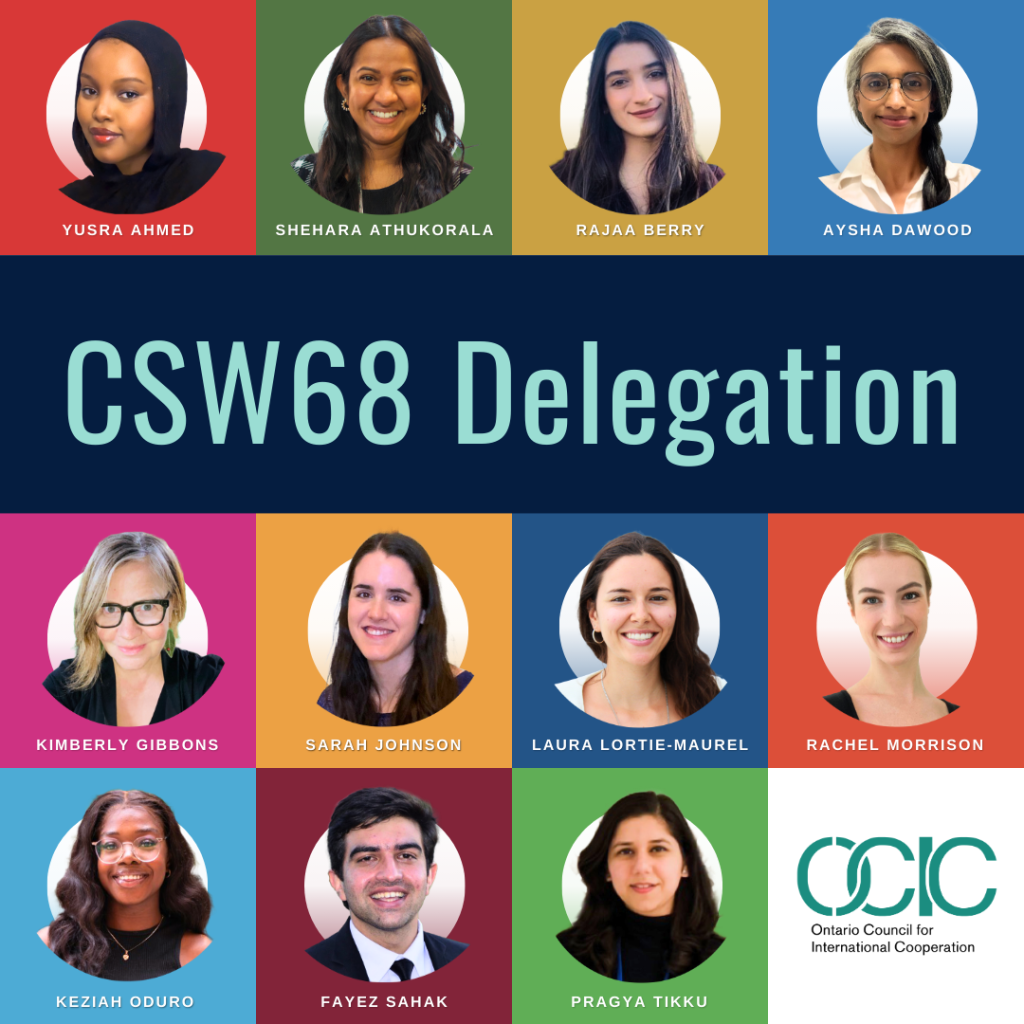OCIC and Ken Wynman hosted a four-part fund diversification series:
Determining Your Best Fundraising Strategy
Friday, March 4, 2016
Face to Face with Major Individual Donors
Thursday, April 14, 2016
Grants Can’t be Taken for Granted
Friday, April 15, 2016
What’s the Money For? Perfecting Your Case for Support
Tuesday, May 31, 2016
Determining Your Best Fundraising Strategy
Fundraising can be complicated. What works for one NGO may be a big #fail for another. Many NGOs still depend on the post office, but is it right for you? Are events too risky? Are you missing out on grants? How can we connect with people who make major donations – and would that fit your ethics? Speaking of ethics, how do you excite donors without using poornography?
In this full day session participants discovered best strategies:
+ What types of fundraising will work best for you?
+ When resources such as staff, volunteers, and cash are limited (and they always are) what is the best use of your precious resources?
Participants discovered:
• What each approach costs
• Risks involved
• How to increase income
• The best timing
• Reasonable returns on investment and
• Responses from donors you can expect
After taking the workshop participants gained the tools to make informed decisions about their fundraising strategy.
Face to Face with Major Individual Donors
How can you connect with those amazing people who give charities big donations, in the thousands, tens of thousands, and even millions of dollars? Together, these individuals contribute far more than corporations or foundations, yet many NGOs don’t know how to reach them properly.
For international development this is one of the missing opportunities. In a crisis, individuals can respond quickly, with no bureaucratic approval process. This is also one of the least expensive forms of fundraising.
How do you find these people? “People give to people” is one of the core principles of fundraising. Donors give to people they know. Just about everyone has supported an NGO by purchasing a ticket to an event, or sponsoring someone in a walk/run/ride/climb event just because they couldn’t say ‘no’ to the person who asked. This is also true for very large donations, including corporations, foundations, and even government. But who do you know?
If you’ve ever asked board members to produce a list of their contacts to ask for a donation, most blank out. Ken taught participants how to thaw the frozen brain and use a powerful but easy technique to discover who you know you didn’t know you knew.
Participants learned how to:
• discover connections to donors using his trademark “Webbing Exercise”
• prepare your board, senior volunteers, and staff to ask big
• decide what to say first — and what you should never never never say
• handle the donors’ toughest challenges
• develop effective strategy
Grants Can’t be Taken for Granted
NGOs are highly dependent on government grants. Are you getting all the grants you could? Participants learn how to find and effectively approach grantors, such as governments (yes, that is plural – NGOs get support from more than just one federal government department), major corporations; local businesses; foundations; unions; service clubs; and others. Canadian corporations give millions annually, but 70% of it comes from just seven industries. Participants also learned how to determine who to approach and how. Research is becoming easier with new directories. Grant writing is becoming a science with proven elements you can use in any proposal to increase the amount you get, and the chances of being approved. After taking this workshop participants know where to look for grants and how to craft great proposals.
What’s the Money For? Perfecting Your Case for Support
The single most important question donors ask is “What’s the money for?” The right answer can motivate extraordinary generosity. The wrong answer may result in disinterest or even hostility.
The bad news is that donors are not excited about funding your administrative costs, staff, or overhead, no matter how essential though they are. Participants learned how to resolve this problem simply with a technique widely used by businesses and government.
Participants also learned how to motivate the different types of donors with the right combination of human interest stories, statistics and endorsements, and more.
By the end of the workshop participants knew how to craft the words and images that persuade donors to give.
Meet Ken:

Professor Ken Wyman CFRE teaches in the Fundraising Management graduate program and the International Development graduate program at Humber College, and has taught at several other colleges and universities. His fundraising career began with five years as National Coordinator of Fund Raising and Publicity for OXFAM-Canada where he led a campaign that reversed a seven-year decline in income, and tripled public donations. Earlier, as a journalist and photographer, Ken filed news and human-interest stories from across Canada, Europe, South America and the Middle East. He has reported for The Globe and Mail, The Toronto Star, The Financial Post, As It Happens, and CBC National News, among others.
Ken has been a Certified Fundraising Executive (CFRE) for over 25 years. This international professional designation requires passing a rigorous exam and re-certification based on current practice every three years. His research sabbatical in 2012-13 focused on the challenges charities face when they speak out as advocates for social change. A popular trainer and consultant, he has lead conferences and workshops across Canada and the US, and in Cuba, Sweden, Austria, England, and Holland. Ken has been called “one of the world’s best fundraisers”.
Ken has written or contributed to eight books on fundraising. His most recent was the lead chapter on planning for fundraising for Excellence in Fundraising in Canada, which reached #3 on the Globe and Mail business book list. His other books include:
• Face to Face: How to Get Bigger Donations from Very Generous People (F)
• Fund Raising Ideas That Work for Grass Roots Groups (F)
• The Guide to Special Events Fund Raising (F)
• Everything You Need to Know to Get Started in Direct Mail Fund Raising (F)
• Planning Successful Fund Raising Programs, published by Imagine Canada
• Fundraising for Non-Profit Groups, with Joyce Young and John Swaigen, published by Self Counsel Press
(F) Livres diponsible aussi en français.
Ken was presented with the first-ever award as Fund Raising Executive of the Year by the Association of Fundraising Professionals Toronto Chapter.
For more information on this or any other OCIC workshop, contact Lisa Swainston at admin@ocic.on.ca






